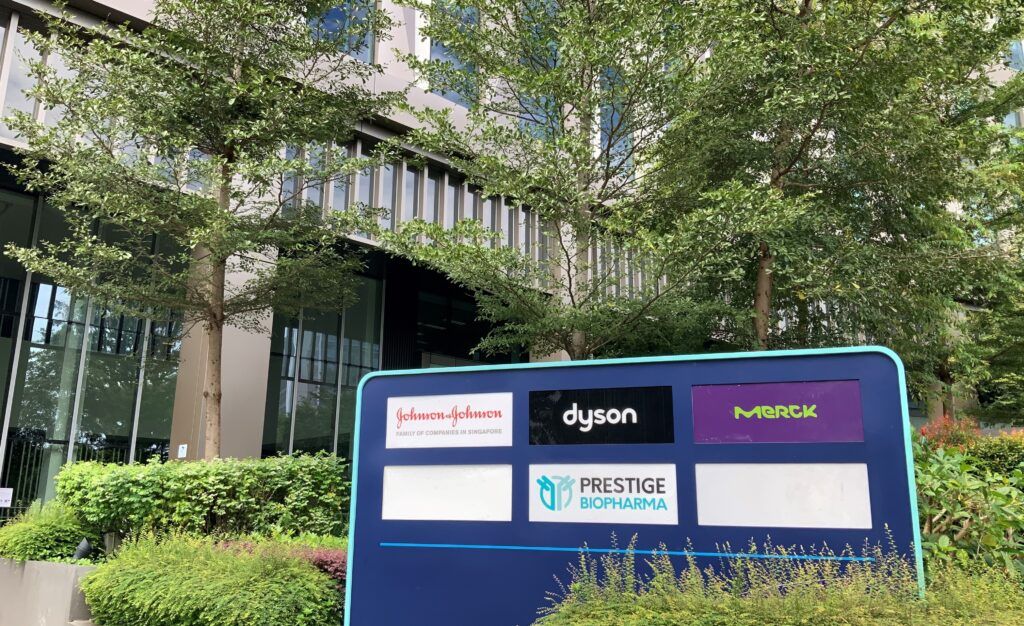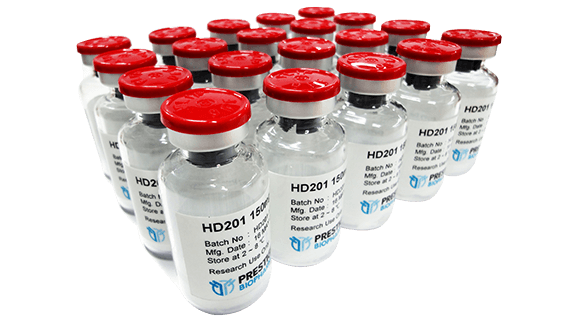- Bone Health
- Immunology
- Hematology
- Respiratory
- Dermatology
- Diabetes
- Gastroenterology
- Neurology
- Oncology
- Ophthalmology
- Rare Disease
- Rheumatology
Prestige BioPharma Sets Up Second Russian Distribution Deal
Russia's land area is vast relative to its population, but Prestige Biopharma eyes an ample market for its bevacizumab biosimilar candidate (HD204).
Russian pharmaceutical company Pharmapark has obtained the Russian distribution rights for a bevacizumab biosimilar candidate (HD204) developed by Singapore company Prestige BioPharma.
Bevacizumab is a monoclonal antibody used in the treatment of multiple forms of cancer including metastatic colorectal cancer, advanced non–small cell lung cancer, kidney cancer, and epithelial and cervical cancers. The biosimilar references Avastin, a Roche product.
HD204 is currently undergoing a phase 3 clinical development trial (SAMSON-II) for safety and efficacy. Prestige BioPharma previously reported positive pharmacokinetic, safety, and immunogenicity results based on a phase 1 trial (SAMSON-1).
The commercialization deal encompasses distribution rights throughout Russia (aka Russian Federation), which has a population of 146 million and extends from Eastern Europe to Northern Asia. Prestige BioPharma will produce the biosimilar at its factory in Osong, Republic of Korea.
This is not the first collaboration between these 2 companies. In July 2019 they reached an agreement for the distribution of Prestige BioPharma’s trastuzumab candidate biosimilar (HD201), referencing Herceptin. HD201 is under review with the European Medicines Agency with a projected market launch in 2021.
“We are very pleased to further extend our partnership with Pharmapark to commercialize our second biosimilar program in the Russian Federation,” said Lisa S. Park, CEO of Prestige BioPharma, in a statement.
Prestige BioPharma also has an adalimumab biosimilar (PBP1502) in phase 1 development, and beyond biosimilars, the company is in early stage development of an anti–pancreatic adenocarcinoma up-regulated factor antibody (PBP1510) for pancreatic cancer and an anti–collagen triple helix repeat-containing protein antibody (PBP1710) for solid tumors.
For more about Prestige BioPharma’s commercialization plans for HD201, click here.
Newsletter
Where clinical, regulatory, and economic perspectives converge—sign up for Center for Biosimilars® emails to get expert insights on emerging treatment paradigms, biosimilar policy, and real-world outcomes that shape patient care.


